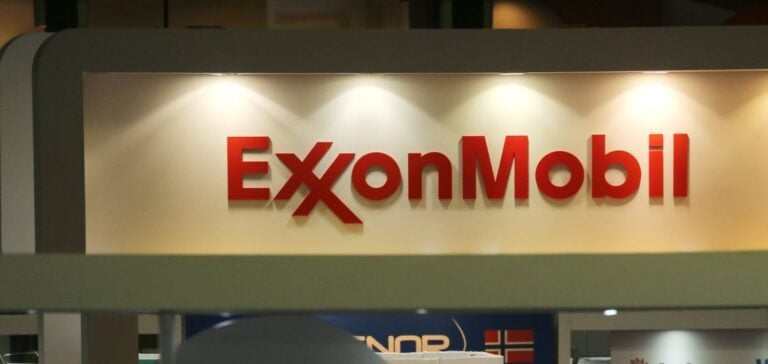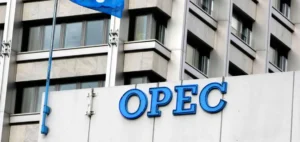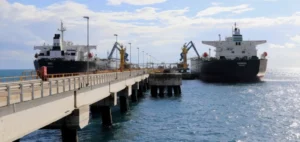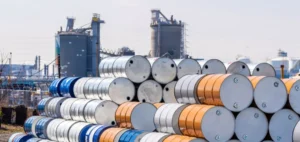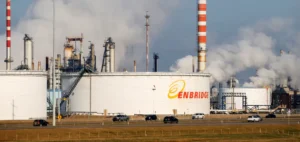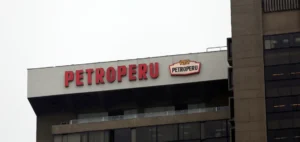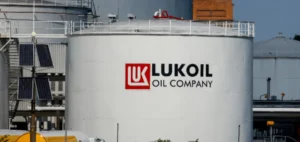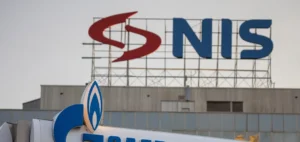ExxonMobil has announced the closure of its ethylene production facility located in Fife, Scotland, by February 2026. The American oil and gas group justifies the decision by a structural decline in the site’s competitiveness, driven by rising supply costs, low demand and an economic and regulatory environment it describes as unsupportive of manufacturing. The site, in operation for more than four decades, failed to attract a buyer despite several initiatives.
Energy costs undermine competitiveness
European chemical producers, particularly those focused on ethylene and propylene, have seen a decline in competitiveness since the start of the Russia-Ukraine conflict. The sharp increase in energy prices has significantly impacted the profitability of ageing facilities, prompting several companies to reduce capacity or consider closures. The sector, the European Union’s fourth largest export industry after machinery, vehicles and pharmaceuticals, is now increasingly reliant on imports for its key feedstocks.
ExxonMobil stated that 179 of its employees and approximately 250 contractors are currently affected by the planned shutdown. Around 50 employees will be offered transfers to the Fawley petrochemical complex, located in southern England. No detailed redeployment or compensation plan has been disclosed at this stage for the other positions.
Industrial withdrawal in a shifting energy landscape
The decision to end operations at the Fife site is part of a broader trend of industrial asset withdrawal in Europe’s refining and petrochemical sectors. In April, the Grangemouth refinery, Scotland’s only crude oil processing site, ceased operations. The Lindsey refinery, placed under administration, is also set to close after failing to secure a buyer. These closures reflect strategic repositioning by several players in a market where margins are under pressure and regulatory constraints are increasing.
In a statement, ExxonMobil described the Fife site as “a cornerstone of chemical production in the UK” and said its closure would illustrate the limitations of a policy climate that, in its view, accelerates the exit of vital industries. The group has not indicated whether other UK assets may be subject to similar restructuring.


